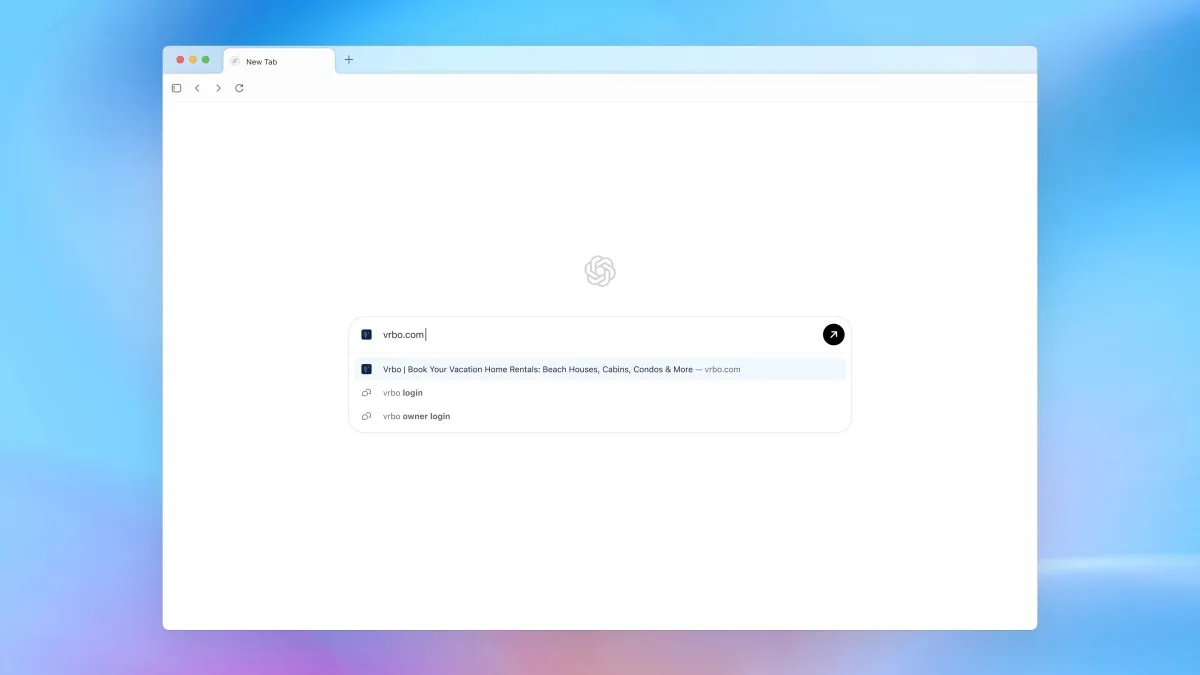
On Tuesday, OpenAI introduced its highly anticipated AI browser, ChatGPT Atlas, during a live stream event. This launch places OpenAI in direct competition with other innovative AI browsers such as The Browser Company’s Dia, Opera’s Neon, Perplexity’s Comet, and General Catalyst-backed Strawberry. What makes OpenAI’s launch particularly significant is its ability to reach an impressive audience of potentially 800 million weekly ChatGPT users.
While many might assume that the primary goal of the Atlas browser is to enhance web browsing, OpenAI has made it clear that keeping ChatGPT at the forefront of the user experience is the main objective. Currently, ChatGPT Atlas is exclusively available on Mac, with plans already underway to extend its reach to Windows, iOS, and Android—the platforms where ChatGPT is already prevalent. Unlike its competitors that use an invite-only system, OpenAI has opted to make the browser accessible to all users from the outset.
The core concept behind ChatGPT Atlas is to redefine how users interact with web searches. Instead of relying on traditional search engines like Google, users are encouraged to consider ChatGPT as their primary interface for search and answers. This innovative approach is echoed across various AI browsers, where users type queries directly into the address bar to receive responses from an AI chatbot, eliminating the need to sift through lengthy pages of links. As Sam Altman, OpenAI’s CEO, articulated during the launch, “AI represents a once-in-a-decade opportunity to rethink what a browser can be.”
OpenAI aims to integrate ChatGPT more deeply than existing platforms. Recent changes in the tech landscape, such as Meta's decision to restrict third-party chatbots on WhatsApp, signal a growing need for companies like OpenAI to control the distribution of their products. With Atlas, users can directly reference multiple websites without needing to post links, enhancing the interactivity and efficiency of their browsing experience. Additionally, Atlas features a hovering writing assistant that appears in text fields, further enriching user engagement.
The new memory feature is crucial for power users of ChatGPT, allowing the browser to consider both browsing history and previous ChatGPT interactions. This means users can ask specific questions, such as, “What was the work document I had my presentation plan on?” and receive tailored responses. By accumulating contextual information, ChatGPT can deliver increasingly personalized answers, which will be beneficial as OpenAI rolls out the “Sign in with ChatGPT” feature more broadly.
Both the incorporation of ChatGPT as the default search option and the introduction of the memory feature are strategic moves to gather user data. This data will provide OpenAI with valuable insights into user behavior, ultimately guiding better product development. However, it's worth noting that ChatGPT Atlas currently lacks features commonly found in other browsers, such as an ad-blocker, VPN, or a reading mode. Instead, users are encouraged to leverage ChatGPT to summarize content or locate specific information on a page.
OpenAI envisions ChatGPT evolving into a comprehensive operating system for daily life. In a blog post, Fidji Simo, OpenAI’s CEO of applications, stated, “It’s clear ChatGPT needs to become so much more than the simple chatbot it started as.” The goal is to create a fully integrated hub that assists users in managing their daily activities and achieving long-term objectives.
Despite the steady growth in ChatGPT users, OpenAI faces a significant challenge: persuading individuals who primarily use browsers like Chrome, Safari, or Edge to switch to ChatGPT Atlas. While the browser may appeal to those who have shifted their search habits away from Google, convincing billions of users to adapt to a new browsing experience will require strategic innovation and user adoption efforts.
As OpenAI continues to develop ChatGPT Atlas, the company aims to not only provide a novel browsing experience but also fundamentally change how users interact with the web. The future of browsing may well hinge on the success of AI-driven solutions like ChatGPT Atlas.